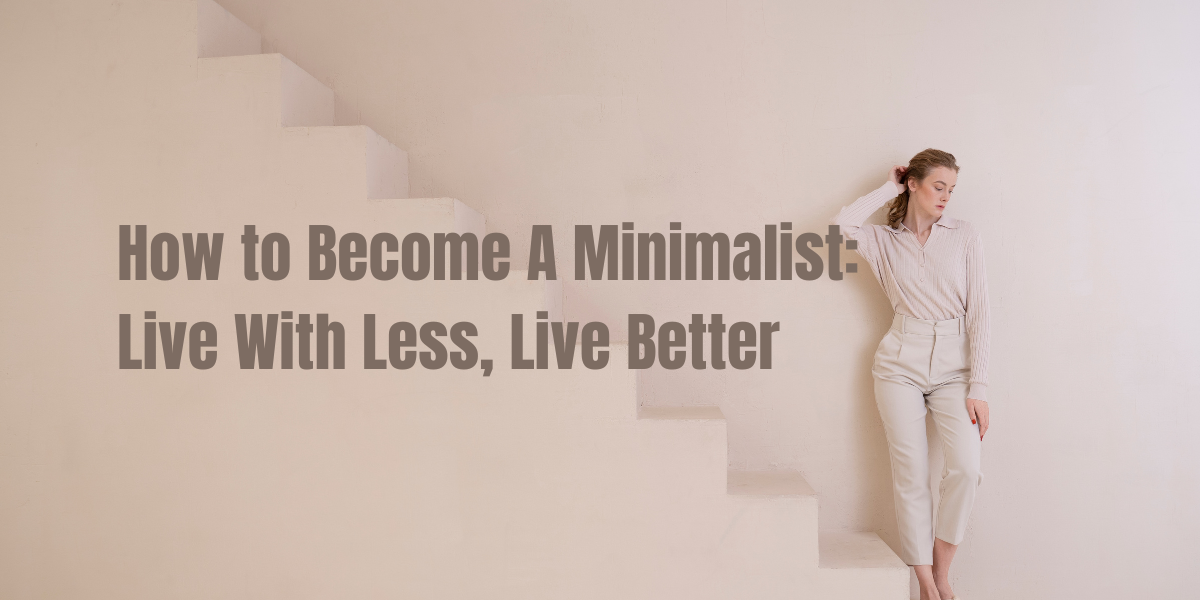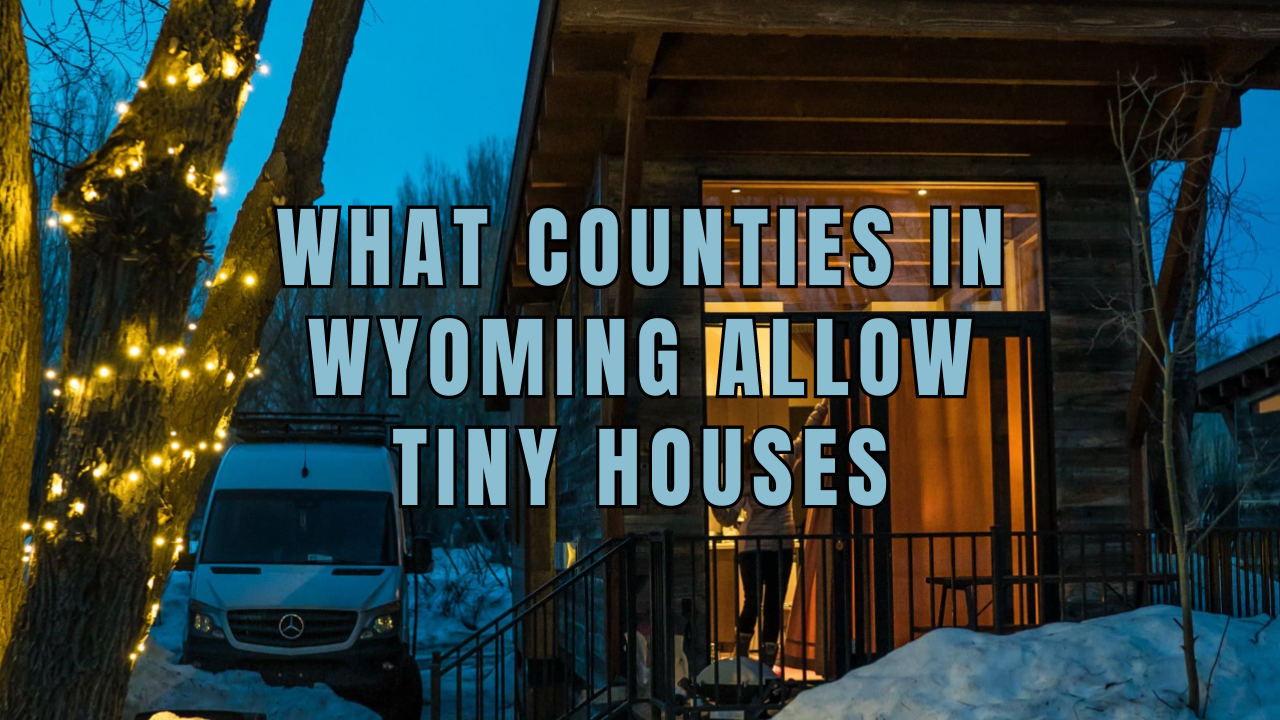Many people find downsizing their possessions to only the necessities highly alluring. It not only makes our lives simpler and less stressful, but it also offers us more time to devote to the truly important things.
The impact of minimalism is to encourage individuals to think, see, and act in new ways, moving away from consumerism and toward more fulfilling experiences in life.
Today, we bring you the ultimate guide to how to become a minimalist. Keep reading to start living happier with less.
What Is Minimalism?
The intention is essential. A minimalist lifestyle involves limiting one’s possessions to those that are useful in one’s life and getting rid of everything that detracts from the tools, clothing, accessories, or home decor that one truly values. It is up to you to decide what to keep and what to get rid of based on the things that are essential to you since everyone’s definition of minimalism is different.
To lessen stress, many people choose to try minimalism. Try living with fewer responsibilities, belongings, and distractions if you feel that you have an overly busy calendar, cluttered closets, or a busy mind.
Why You Need to Join Minimalism
What are the advantages of living simply in every aspect of your life? The more your values and actions are in line, the more authentic you will feel.
Less Cleaning
Simply put, cleaning your home takes less time when you live simply. You won’t need to clean and organize your space as frequently if you possess fewer things.
It takes longer to clean up the more clutter you have. It will just take you a few minutes to walk through and clean up the clutter after you get rid of the useless items.
Also, fewer items crowding the surfaces make it simpler to dust, wipe, and sweep.
Happiness
When you simplify your life, you naturally gravitate toward the things that matter the most, which leads to happiness. In all the chaos, you can see the empty promises, which act as a crumpled defense against life’s essential essence.
Increasing efficiency, refocusing your priorities, and slowing down will all make you happier. You will also find enjoyment in being more effective.
Helps The Environment
Minimalism may be incredibly eco-friendly if practiced properly.
On the one side, you cut back on consumption and overspending, and on the other, you make better decisions.
You can choose better-quality goods, shop at ethical and sustainable stores that have a smaller negative impact on the environment, and select items that last longer, resulting in less waste. Even cleaning out your home can be done more sustainably.
Please remember, though, that sometimes garbage is just garbage. Whatever happens, your possessions will decay; this can happen in your home or a landfill.
Future efforts are the best thing we can do to reduce environmental waste.
More Money
Living a minimalist lifestyle has several advantages, but being financially stress-free and saving more money is the first and most significant one. You can save money for something worthwhile in the long term if you don’t need to purchase pointless things.
Spending extra money on the things that make you happy is an option. You’ll have more money to spend on yourself, travel, and your priorities.
Less Emphasis On Material Things
Almost everything we buy is a distraction that fills a void. Money can buy comfort, but it cannot buy happiness. Once we have enough money to live well, we should stop being so fixated on it.
The media continuously promotes material wealth as the path to happiness. We have a constant battle with that. Defy those inclinations. It’s a pointless path that won’t make you happy.
It can be difficult to stay out of the materialism trap. We need constant reminders that that sense of happiness is fake. We should enjoy things yet be aware that we don’t require them.
Less Stress
Stress is gone by having less debt, less clutter to tidy up, and fewer wants. Increased levels of the stress hormone cortisol are caused by more clutter. Chaos can lead to stress, which can spread like wildfire.
You use your credit card to purchase something you want even though you can’t afford it, resulting in debt. Until you decide to quit spending money on items you don’t need, the cycle will continue.
That is what leads to anxiety and tension. You’ll be less bothered and worry-free if you don’t have a strong need for material items or care about staying current with fashion, are satisfied with your life, and are focused on what’s essential.
More Time For Hobbies and Health
The time and energy saved by minimalist lives can be used for high-quality leisure pursuits that are essential to our mental and physical well-being. Hobbies are crucial because they help us develop the mental, physical, and creative abilities that will benefit both our personal and professional lives.
Even while everyone laments their lack of time, how many individuals stop to think about how they spend their time?
You will have more time to relax with your loved ones, meditate, read a book, exercise, travel, or whatever you enjoy doing if you spend less time buying things you don’t need.
More Confidence
Often, we are less aware of the baggage that is bound up in our possessions. We cling to things for a variety of reasons, most of which serve to bring us down rather than to elevate us up.
We aren’t being genuine to ourselves when we hold onto things out of “guilt.” Shame multiplies. While there is shame if you keep stuff and end up with mounds you can’t handle, there is also a shame if you consider throwing it away.
Clean and clear places can emerge with this lifestyle and less to handle, which feels amazing. Negative thoughts are contested and feelings of confidence grow.
You might be taken aback by your newly discovered self-confidence as well as the new possibilities and experiences that come your way.
How to Start A Minimalist Lifestyle
Let’s start on the step-by-step guide to a minimalist lifestyle now that we have a fundamental understanding of minimalism.
Set Realistic Goals
For each person, minimalism is different. Some individuals characterize minimalism as having limited possessions, such as a capsule wardrobe.
Other people do it by occupying as little space as possible; they could look for smaller housing options like a studio apartment or tiny house.
And that’s the appeal of minimalist living: you get to decide what minimalism means to you personally by taking a close look at your life, including your employment, the size of your family, your way of life, and your needs and desires.
Whatever minimalism means to you, make sure it’s something doable in your life.
Declutter And Organize
The quickest approach to starting a minimalist lifestyle is to declutter. The most effective method to begin is to do this gently over a few sweeps.
The adjustment will be a little simpler if you declutter at a fair pace (don’t do it all in one day or even one month, for example). It will be considerably tougher to acclimatize if you go from a full house to a mostly empty one overnight.
If it works for you, start with the room, since many individuals prefer to organize it. Following decluttering, you should begin organizing and giving each item you still have a new place.
Do Not Buy Unnecessary Stuff
It’s easy to become overexcited when beginning a new activity and purchasing items you don’t need. Unfortunately, you might not use half of those.
Buying items for your new activity gradually is the best way to make sure that you are only spending money on stuff you need. Avoid purchasing anything until you are 100% sure you will need it. Only purchase what you will initially require.
Simplify Your Wardrobe
Another easy-to-accumulate item is clothing, even more, if you live somewhere with all four seasons, which requires a constantly changing wardrobe.
Try-ons are one of the simplest ways to start constricting your closet. Donate any uncomfortable shoes and throw away anything that doesn’t fit or makes you feel good about yourself. Additionally, you might want to begin the transition to a capsule wardrobe. That implies that you maintain a small wardrobe yet own all you need for everyday wear. Instead of buying a new dress that you might only wear once, take into consideration renting items in the future for special events.
Buy Quality Stuff
When you do make a purchase, you are not required to select the least expensive item. Instead, engage in purposeful spending, ensure that your purchases are in line with your values; and choose high-quality goods that you truly value.
Change Your Habits
Make simple, enduring behaviors, and concentrate on forming one positive habit at a time.
You’ll get disappointed if you expect an immediate transformation in your life. Take one step at a time rather than promising yourself that you’ll begin cooking for yourself, going to bed earlier, journaling, meditating, and exercising every day. You will succeed if you take small steps to expand each aspect of your life.
FAQs
Does Minimalism Include Any Spiritual Or Religious Components?
No, not always. Many minimalists follow God or adhere to spiritual values, even though minimalism has nothing to do with spirituality or religion. Whatever you think (or don’t think), minimalism can work for your way of life.
Are There Must-dos When Becoming A Minimalist?
The only strict guideline for becoming minimalist is to be selective about the things you let into your life. Since your actions and possessions should reflect your values and priorities, everyone’s definition of minimalism will be distinct. It’s not a one-size-fits-all lifestyle, so the rules are adaptable.
What Difficulties Does Becoming A Minimalist Present?
A simpler lifestyle has drawbacks and requires a lot of work to sustain. However, anything worthwhile involves effort. Some of the challenges you’ll encounter in your minimalist journey are:
- It feels like the cleansing never stops.
- You face difficulties as a family.
- You’re continually being wooed by merchants.
- It frequently seems laborious.
- Gift-giving and receiving become a bit awkward.
- You must learn to let go.
The Wrap-Up
Owning less stuff is one aspect of minimalism, but it’s also about freedom. The benefits of minimalism include freedom from being owned by your possessions and your time. Pay attention to discovering actual happiness rather than the phony benefits and promises of consumerism.





